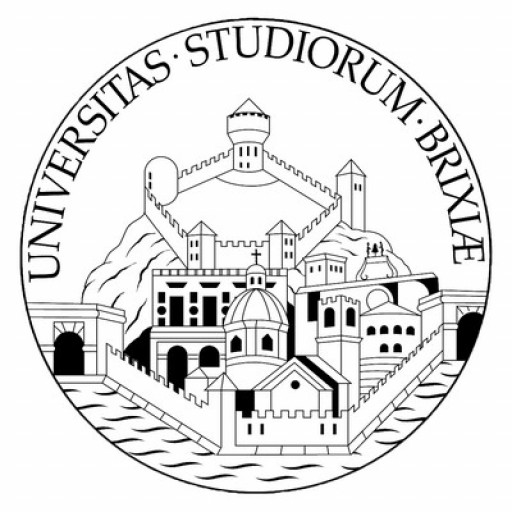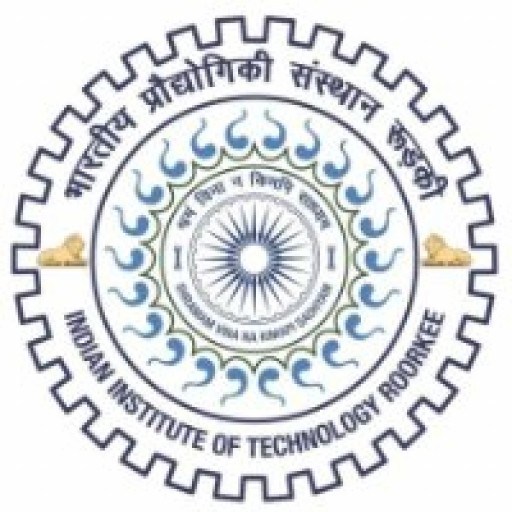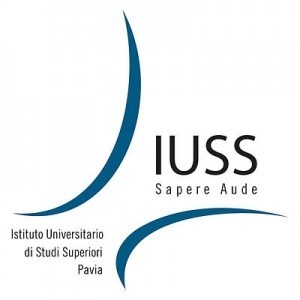Photos of university / #imperialcollege
Environmental Engineering at Imperial College London is a comprehensive and rigorous program designed to prepare students to address the complex challenges facing our planet. This interdisciplinary course combines principles of engineering, science, and environmental management to equip graduates with the skills necessary to develop sustainable solutions for water, waste, air, and soil pollution issues. Throughout the program, students engage with cutting-edge topics such as environmental systems analysis, water resources management, pollution control technologies, and renewable energy integration. The curriculum emphasizes practical application through laboratory work, field projects, and collaboration with industry partners, providing hands-on experience in real-world scenarios. Students also learn about environmental policy, risk assessment, and the principles of sustainable development, enabling them to work effectively across technical and managerial disciplines. The program is delivered by world-renowned faculty members with expertise in environmental engineering, ensuring that students receive an education grounded in the latest research and technological advances. With state-of-the-art laboratories and facilities, students have access to modern tools and resources to support their learning and innovation. Upon graduation, students are well-equipped to pursue careers in environment consultancy, government agencies, research institutes, and industry, contributing to the development of sustainable solutions that protect and improve the environment. The program also encourages critical thinking, leadership, and ethical considerations, preparing students to become responsible professionals in the field of environmental engineering. With its strong emphasis on practical skills, innovative research, and international outlook, the Environmental Engineering program at Imperial College London offers an excellent foundation for those committed to making a meaningful impact on global environmental challenges.
The Imperial College London offers a comprehensive program in Environmental Engineering designed to address the global challenges of sustainability, pollution control, and sustainable resource management. This program combines rigorous scientific and engineering principles to equip students with the knowledge and skills necessary to develop innovative solutions for environmental protection and enhancement. Throughout the course, students will explore the fundamental aspects of water and air quality management, waste treatment technologies, and the development of renewable energy sources. The curriculum emphasizes a multidisciplinary approach, integrating environmental science, engineering design, and policy analysis to prepare graduates for leadership roles in industry, government, and research institutions.
Students will engage in a variety of modules covering core topics such as environmental microbiology, environmental chemistry, process engineering, pollution control technologies, and environmental systems analysis. Practical laboratory work, field studies, and project-based assessments are integral parts of the program, providing hands-on experience in designing and implementing environmental solutions. The program also offers opportunities for specialization in areas like sustainable urban development, environmental management, or renewable energy systems. In addition to technical skills, students will develop critical thinking, problem-solving, and communication skills, essential for effective environmental decision-making.
Throughout the course, students will benefit from Imperial College's strong links with industry and government, allowing for internships, collaborative projects, and exposure to real-world environmental challenges. The program prepares graduates to work in diverse environments such as consulting firms, governmental agencies, non-profit organizations, and international bodies focused on environmental policy and sustainable development. With a focus on innovation, sustainability, and practical application, the Environmental Engineering program at Imperial College London aims to cultivate future leaders dedicated to creating a more sustainable and environmentally resilient world.
Programme requirements: Applicants must hold a relevant undergraduate degree, typically a Bachelor's degree with a minimum of a 2:1 classification or its international equivalent, in fields such as Civil Engineering, Environmental Science, Mechanical Engineering, Chemical Engineering, or related disciplines. Prior knowledge of environmental systems, fluid mechanics, and sustainability principles is desirable. Candidates are expected to demonstrate a strong academic record, including coursework or experience related to environmental engineering, sustainability, or management. Work experience in related fields can strengthen an application but is not mandatory. Proficiency in English language is required; accepted tests include IELTS with a minimum overall score of 6.5, with at least 6.0 in each component, or TOEFL with a minimum score of 90, including at least 20 in each section. Application materials should include a completed application form, personal statement detailing motivation and relevant experience, academic transcripts, and two academic or professional references. In some cases, applicants may be invited for an interview or required to submit a portfolio of work. The programme emphasizes interdisciplinary knowledge, practical skills, and sustainability principles, preparing students for careers in environmental engineering, consulting, policy, or research. Prospective students are advised to review the specific entry requirements on the official university website for the most accurate and updated information.
The financing studies for the Environmental Engineering program at Imperial College London typically encompass a range of funding options designed to support both domestic and international students throughout their academic journey. Prospective students are encouraged to explore various sources of financial aid, including university scholarships, government-sponsored bursaries, and private funding opportunities. Imperial College London offers a range of scholarships specifically aimed at engineering students, which may cover tuition fees partially or in full, depending on the eligibility criteria and competitive selection process. These scholarships often recognize academic excellence, research potential, or financial need, and applicants are advised to review the specific requirements and deadlines for each opportunity.
In addition to scholarships, students can also consider student loans provided by government schemes, such as those available through the UK Student Loan Company for UK residents, which facilitate manageable repayment plans post-graduation based on income levels. International students may need to seek alternative funding sources, such as private loans or international scholarship programs, some of which are facilitated through partnerships with external organizations or government agencies.
Imperial College London also provides guidance and advice through its Financial Support Office, assisting students with planning their finances, understanding the cost of living in London, and exploring part-time work opportunities, which can contribute to overall funding. The cost of attendance includes tuition fees, which vary depending on the student’s nationality, as well as living expenses such as accommodation, food, transportation, and study materials. The university recommends starting financial planning early and thoroughly researching all possible funding schemes.
Furthermore, some programs may have industry links and sponsorship opportunities, enabling students to secure funding or placements that include financial support in exchange for work commitments after graduation. Given the highly specialized nature of Environmental Engineering, students are also encouraged to pursue external grants related to environmental research or sustainability projects, which can supplement their financing plans.
Overall, the financing strategy for students enrolled in the Environmental Engineering program at Imperial College London involves a combination of scholarships, loans, personal savings, and work opportunities, aimed at making education accessible while alleviating financial pressures. Staying informed about application deadlines, eligibility criteria, and additional funding avenues is essential for prospective students seeking to finance their studies effectively.
The MSc in Environmental Engineering at Imperial College London is a comprehensive postgraduate program designed to equip students with advanced knowledge and practical skills in the field of environmental engineering. The program focuses on addressing complex environmental challenges such as water and wastewater management, air pollution control, waste treatment, and sustainable development. It combines rigorous theoretical coursework with hands-on laboratory sessions and project work, enabling students to develop both technical expertise and problem-solving abilities.
Students enrolled in this program have access to state-of-the-art facilities and laboratories at Imperial College London, fostering an environment of innovation and research. The curriculum covers fundamental topics including fluid mechanics, environmental chemistry, and hydrology, while also exploring specialized areas like environmental modelling, renewable energy, and climate change adaptation strategies. To enhance employability, the program includes collaborative projects with industry partners, opportunities for internships, and participation in research initiatives.
Imperial College London’s strong links with government agencies, industries, and research institutions provide students with valuable networking opportunities and insights into current environmental issues. Graduates of this program are well-prepared for careers in environmental consultancy, government agencies, non-governmental organizations, and industries focusing on sustainable practices. Many alumni have gone on to work on key projects related to urban planning, environmental regulation, and the development of eco-friendly technologies.
The MSc program typically spans one year of full-time study, with options for part-time study available. Admission requirements include a relevant bachelor's degree, proficiency in English, and a strong interest in environmental engineering topics. The program adheres to the college’s commitment to sustainability and aims to produce graduates capable of leading environmental innovations and policy developments. Overall, the MSc in Environmental Engineering at Imperial College London provides a rigorous and enriching educational experience aimed at fostering sustainable solutions for the world’s pressing environmental issues.










